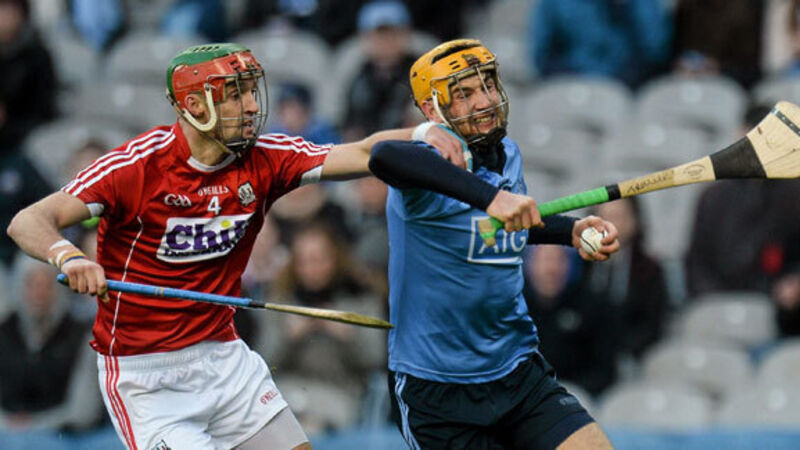The problem for Cork is that they don’t know how to defend properly

He said that what differentiated Charlton’s tenure from previous managements was team organisation, with every player understanding his position and his onfield role. To be successful as a team, first of all, you must be difficult to beat.
The Allianz Hurling League has just passed the halfway point and judging from the performances so far two teams, Waterford and Kilkenny, are akin to those Irish teams with Tipp, Dublin and Galway at various points down the scale - and Cork at the bottom.












